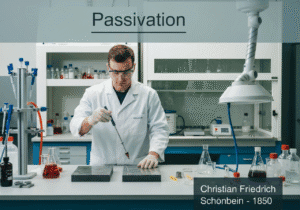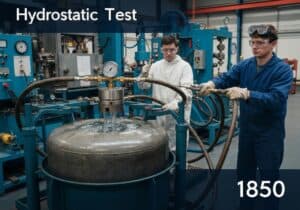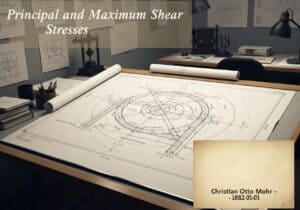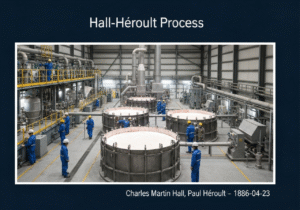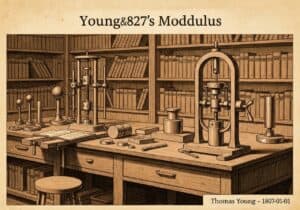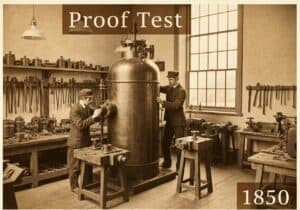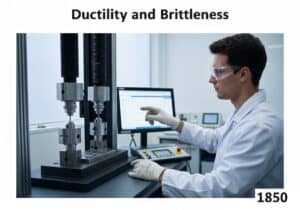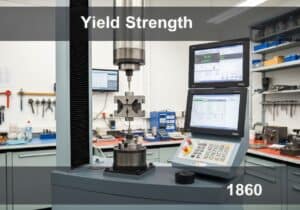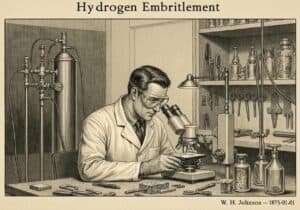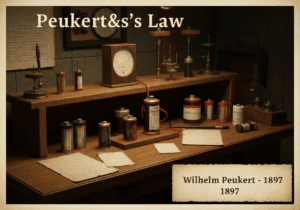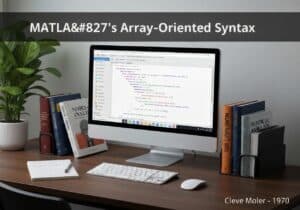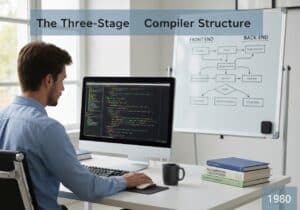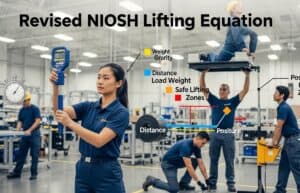A technique used in statics to determine the internal forces in specific members of a truss structure. The method involves making an imaginary cut through the members of interest, isolating a portion of the truss. By applying the three static equilibrium equations ([latex]\Sigma F_x=0[/latex], [latex]\Sigma F_y=0[/latex], [latex]\Sigma M_A=0[/latex]) to the isolated section, the unknown member forces can be solved directly.
Method of Sections

The power of the Verfahren of Sections lies in its ability to find forces in members located in the middle of a complex truss without first having to solve for the forces in all the preceding members, as required by the Method of Joints. The key is to choose a section cut that passes through no more than three members whose forces are unknown. This is because there are only three independent static equilibrium equations available for a 2D rigid body.
Once the section is cut, one of the two resulting pieces of the truss is chosen for analysis. All external forces (loads and support reactions) acting on that piece are shown, along with the unknown internal forces of the cut members. These internal forces are typically assumed to be in tension (pulling on the joint). A negative result in the calculation simply indicates that the member is actually in compression (pushing on the joint). The moment equilibrium equation, [latex]\Sigma M_A=0[/latex], is particularly powerful. By summing moments about a point where two of the three unknown forces intersect, the third unknown force can often be solved for with a single equation.
Typ
Unterbrechung
Verwendung
Vorläufersubstanzen
- Die Newtonschen Gesetze der Bewegung
- concept of static equilibrium
- free-body diagrams
- understanding of trusses as assemblies of two-force members
- Varignon’s theorem for calculating moments
Anwendungen
- manual analysis of bridge trusses
- design of roof trusses for buildings
- analysis of crane structures
- educational tool for teaching statics and equilibrium
- quick Überprüfung of forces in specific members from a computer analysis
Patente:
Mögliche Innovationsideen
!Professionals (100% free) Mitgliedschaft erforderlich
Sie müssen ein Professionals (100% free) Mitglied sein, um auf diesen Inhalt zugreifen zu können.
VERFÜGBAR FÜR NEUE HERAUSFORDERUNGEN
Maschinenbauingenieur, Projekt-, Verfahrenstechnik- oder F&E-Manager
Kurzfristig für eine neue Herausforderung verfügbar.
Kontaktieren Sie mich auf LinkedIn
Integration von Kunststoff-Metall-Elektronik, Design-to-Cost, GMP, Ergonomie, Geräte und Verbrauchsmaterialien in mittleren bis hohen Stückzahlen, Lean Manufacturing, regulierte Branchen, CE und FDA, CAD, Solidworks, Lean Sigma Black Belt, medizinische ISO 13485
Wir suchen einen neuen Sponsor
Ihr Unternehmen oder Ihre Institution beschäftigt sich mit Technik, Wissenschaft oder Forschung?
> Senden Sie uns eine Nachricht <
Erhalten Sie alle neuen Artikel
Kostenlos, kein Spam, E-Mail wird nicht verteilt oder weiterverkauft
oder Sie können eine kostenlose Vollmitgliedschaft erwerben, um auf alle eingeschränkten Inhalte zuzugreifen >Hier<
Historischer Kontext
Method of Sections
(wenn das Datum nicht bekannt oder nicht relevant ist, z. B. "Strömungsmechanik", wird eine gerundete Schätzung des bemerkenswerten Erscheinens angegeben)
Verwandte Erfindungen, Innovationen und technische Prinzipien
